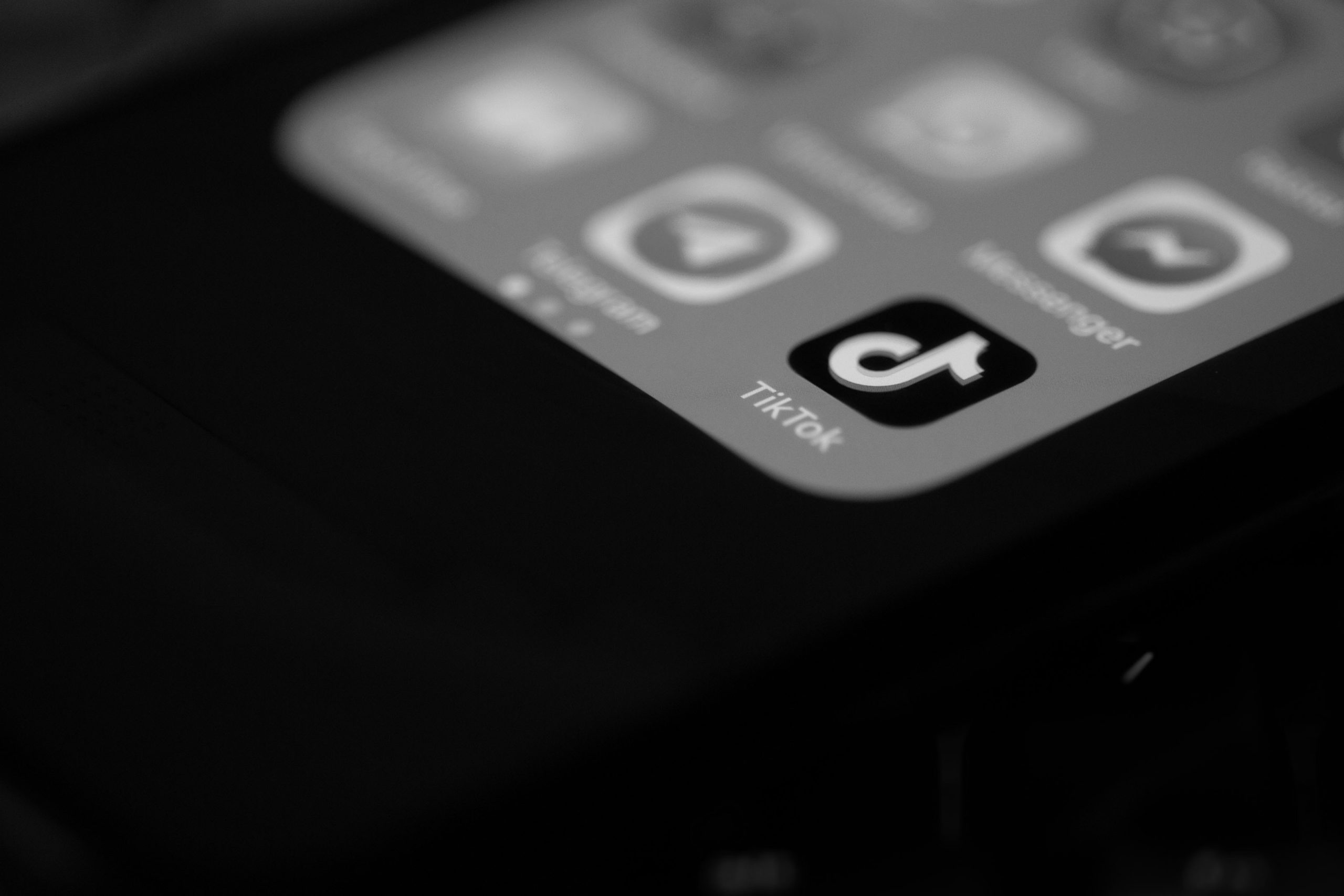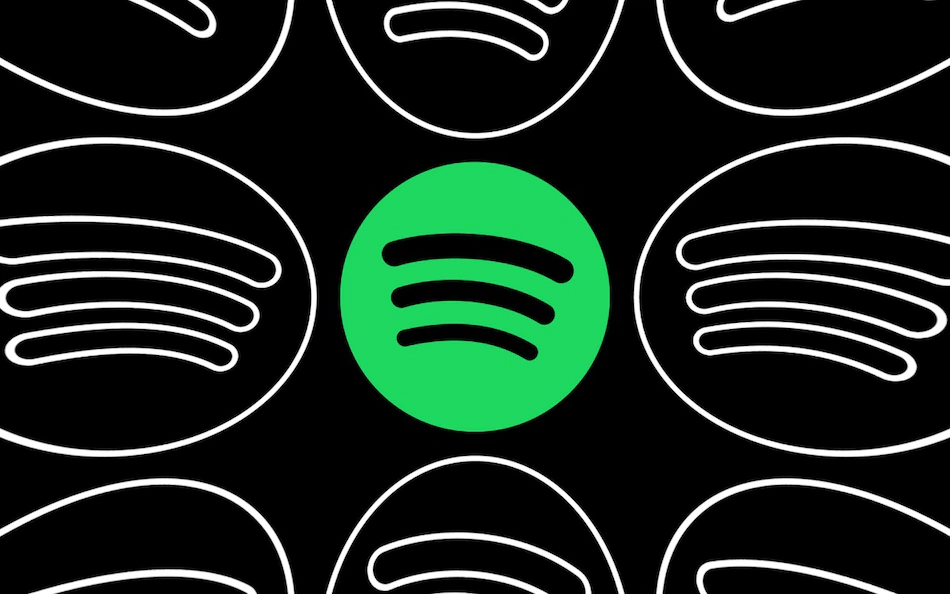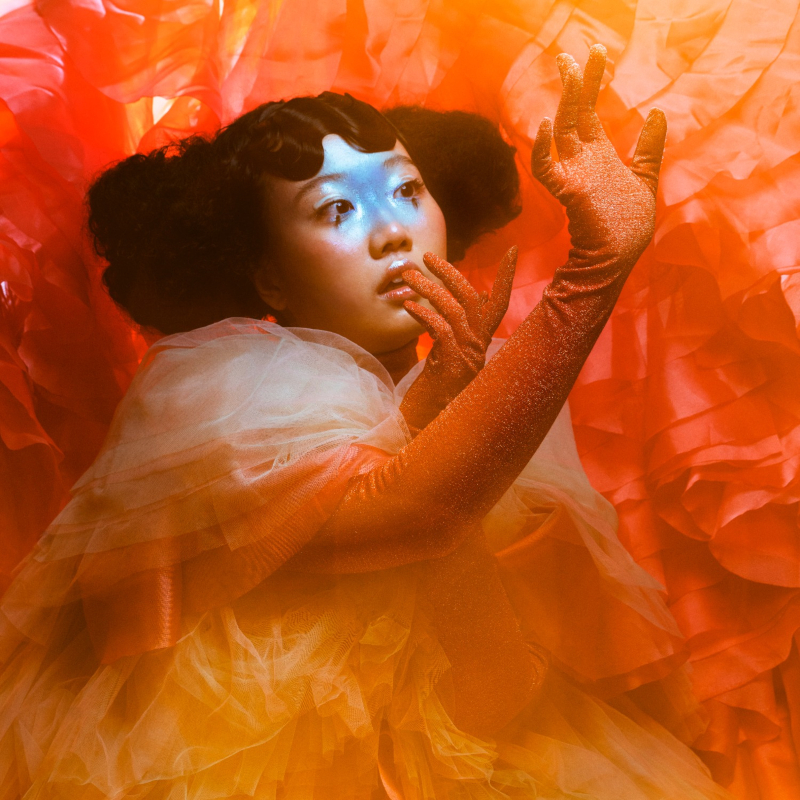Exclusive Interview: 5 Minutes with Markus Schulz
Markus Schulz will be bringing his alias ‘Dakota’ to the main stage of SW4 this year, with a bespoke production rig designed especially for the festival including a custom an audio-visual show. Using this pseudonym, Schulz is able to explore the darker realms of his musical compendium, a repertoire that has earned him the name ‘The Unicorn Slayer.’ His remixes span as far back as the early 90’s, and his releases have topped dance charts and garnered considerable attention from leading tastemakers worldwide. We chatted to him ahead of SW4 about his influences, his sound, and unleashing the beast that is ‘Dakota’….
Hi Markus, to those not familiar with you, how would you describe your sound?
I guess my sound could be described as a broad palette, because of the spectrum of sound, I would typically present it as an open to close solo set. Everything for me is built around the melody, whether it’s the deeper progressive grooves of an opening segment, the emotional hands in the air euphoria of the peak hour, or the weird and twisted techno influences of the rabbit hole in the after-hours. The goal with my music is to touch the soul; bind us together as a community, and help heal those who are enduring difficult times – some of the qualities that the trance genre in particular embodies.
What are the 5 albums that have influenced you the most?
- Pink Floyd – Dark Side of the Moon
- U2 – The Joshua Tree
- BT – Ima
- Red Jerry – Chilled Euphoria
- Hans Zimmer – Interstellar OST
Describe the nature of your alias ‘Dakota’ to us. Is it almost unthinkable for you to make darker music as Markus Schulz now?
Well, the music that I make, whether it’s under my own name or under the Dakota alias, is a reflection of that particular period in my life. I had a very difficult childhood growing up in Germany, because my step-father was in the military and we would often move from one army base to another, meaning that forging any friendships was impossible. My step-father and I had an oil and water relationship, and it took me a very long time, long after my career had been established, to figure out why I felt that way as a child. I look back now and thank him immensely because he instilled the skill of discipline in me. We immigrated to the United States when I was 13 years old, and it was such a culture shock – I couldn’t speak a word of English, and felt like an outcast throughout my teenage years, before discovering breakdancing and interacting with the other school misfits.
So having all of that heaviness in your life, it’s natural and therapeutic that when making your first artist album, like Without You Near, it’s going to be presented in quite depressing tones. However, when your career picks up, and you are now not only able to provide for your family, but also be able to say that you are doing what you love for a living, your outlook on life brightens, and the music you make reflects that. I think most first albums of any artist is like that, because there’s a struggle in getting there.
I like to imagine the Markus Schulz productions as being about and for the fans. It is based on my interaction with them and what I see. However, at the time Watch the World was released, and despite having a great time touring that album and the reaction from the fans, I couldn’t ignore the suffering that was going on around the world. And it culminated with the Pulse nightclub shooting in Orlando, which shook me to my core. Despite being a public figure, I’m actually quite introverted, and the events forced me to look deep inside of myself and evaluate. I went off social media and started reading, and came across Reiki. The whole concept of The Nine Skies was born out of that time and that learning.
You are known for your extensive worldwide touring schedule. What’s the best gig you have ever done and why? And the worst?
It’s very difficult for me to pick one defining favorite. I’ve been very fortunate to have had the opportunity to lay foundations and build legacies by doing solo sets at legendary venues like Ministry of Sound in London, Avalon in Los Angeles, Stereo in Montreal and so on. I’m very proud of playing a significant role in the growth of the Transmission events around the world, with those nights being some of the most spectacularly presented. And on the festival front, there was the challenge of playing a 13 hour set at Tomorrowland from open to close a few years ago that stands out.
The worst one was a gig in Dublin back in 2009 where the crowd got way out of control. The DJ booth was on this stage that was so easy for people to climb, so you’d regularly have people jumping up and trying to touch the equipment. It really got out of hand and security was overwhelmed. I think one guy got stabbed, and there were fights breaking out among the crowd. I was due to play for three hours and we ended up having to end the night halfway through, and hide in his narrow corridor behind the stage while the crowd was dispersed. I was so angry and sorry for the good people who had a night spoiled like that.
Considering your planned set for SW4, where do you see the future of recorded music heading? Will you enter more collaborative artistic spaces, mixing sounds and visuals? What does the music industry need most of all?
Well, the one thing I must emphasise is that despite The Nine Skies being a concept show, all of the mixing is done live. The pieces that make up the entire Nine Skies story are not 100% definitive either, and I have the ability to alternate between options depending on reading the crowd. The Nine Skies is the first time I have attempted to do something like this, presenting an audiovisual show. However, I think that for our music industry, the most important barometer to judge is ultimately what comes out of the speakers. I think that what we are seeing now, particularly in the trance scene, is that you are seeing two generations mingle together – you have the loyal fans who are incredible, those who have stuck with trance and the DJs they admire, while the whole EDM wave was threatening to engulf the entire scene for the wrong reasons, and you’ve also got a new generation who came in through that EDM explosion. As they are getting older, their tastes are maturing and becoming more refined. They want something more interesting than a drop and someone screaming expletives down a microphone at them.
What do you usually start with when preparing for a set?
The first thing you have to identify is what type of setting you are going to be performing. For instance, if you are playing a festival set, your slot time is much shorter and you are playing alongside many other top-tiered names. You tend to play a little safer, because one programming mistake can be fatal in keeping a crowd on your frequency. But festivals also provide the opportunity to cast a wider net on your fan base. Someone could be attending with the main purpose of seeing another DJ, may catch you for the first time and become hooked. In the clubs, you essentially have the luxury of allowing everything to breathe more – longer length tracks, longer transitions and so on. And you have the opportunity to explore and take people on a journey further. That’s something I hope comes back to the industry as a whole. We need the new talent to cut their teeth as DJs in those little dirty, grimy clubs. It is those settings where you get experience in reading a crowd, making mistakes and learning from them. Musically, my Global DJ Broadcast radio show is an important test base for tracks. So I regularly check the reaction of the fans on what tracks are being played, and incorporate those into the live sets as options.
If you had to choose between never playing live again or never being able to release music again. Which would you go for and why?
That’s a really difficult question to answer, because to me one aspect feeds the other. When I am in studio working, I am imagining looking out at a crowd as this new production is playing and wondering how they will respond. While on stage during a gig, your mind runs at a million miles a minute and you get inspired for track ideas there and then. There have been countless times I have played a gig and quickly rushed back to the hotel to do a rough sketch of a melody in Logic or Ableton, before forgetting about it. If you held a gun to my head for an answer, I would probably side with DJing, because I adore the art of a DJ set. But at the same time, my career only really began clicking when I figured out that I needed to make music that would fit my DJ sets. So quite a difficult scenario.
If you could perform alongside any other band or artist, living or dead, who would it be?
I really admire bands such as Coldplay and U2, because they have came up with some of the most iconic melodies in all of music. I would love to have the chance to not only work with them, but importantly, bring them into my world and see how everyone would react. On the electronic side, I’m a big fan of Eric Prydz. Musically and in terms of show presentation, he is continually raising the bar and ahead of the curve on everyone else. And of course I have to mention someone who I luckily have and do get to perform alongside, and that is Ferry Corsten. He is undoubtedly one of the greatest minds we have been privileged to experience in all of dance music.
Famous last words?
Carve out your own path, and you could become legendary.




Leave a Reply